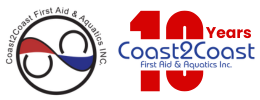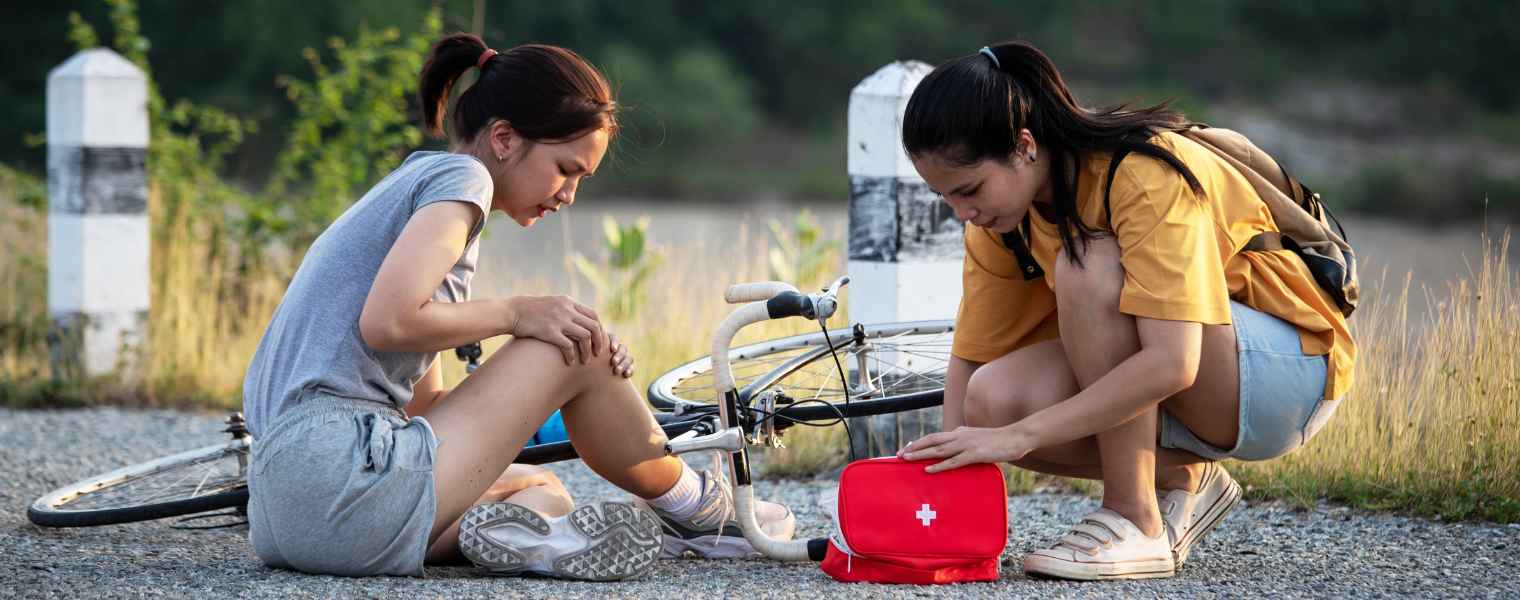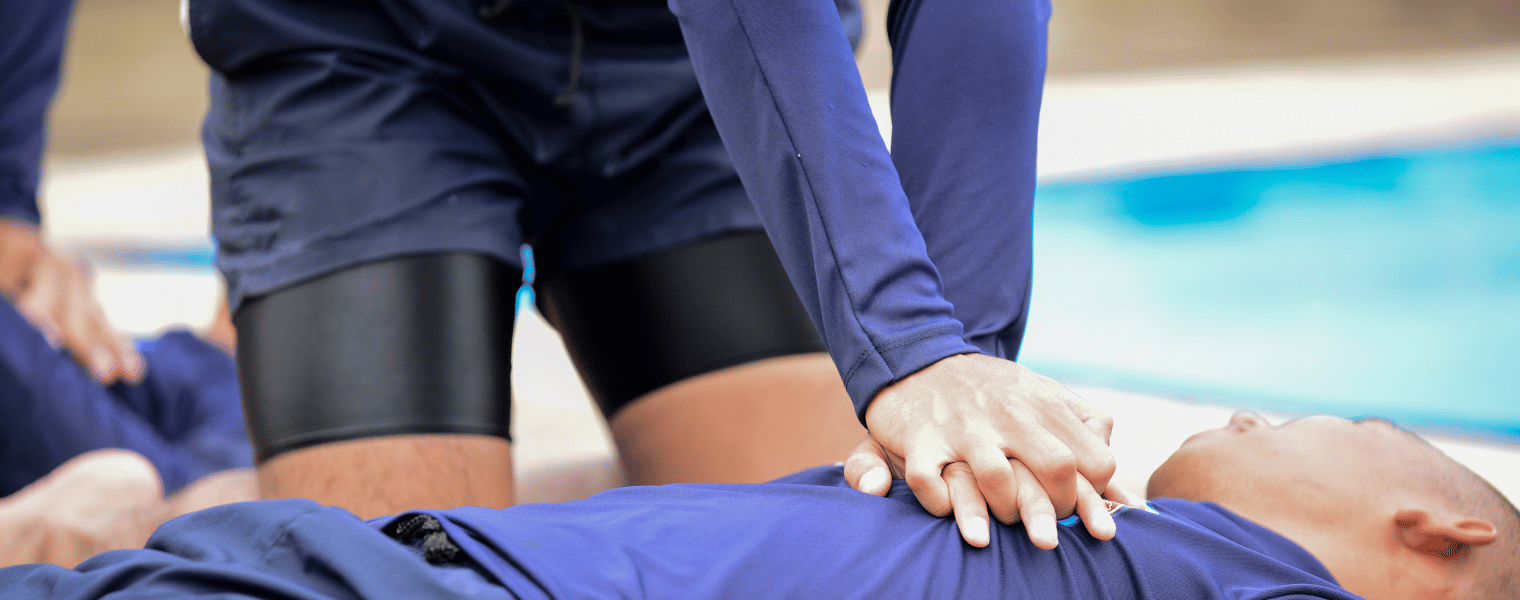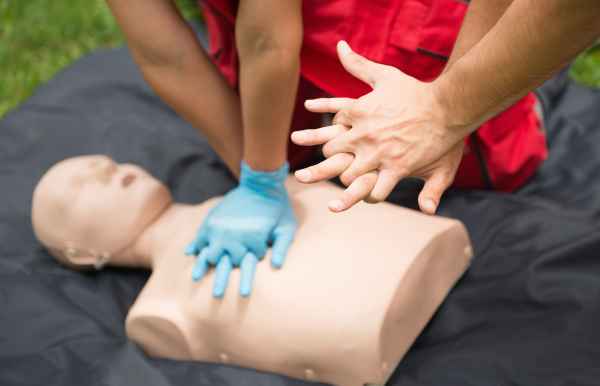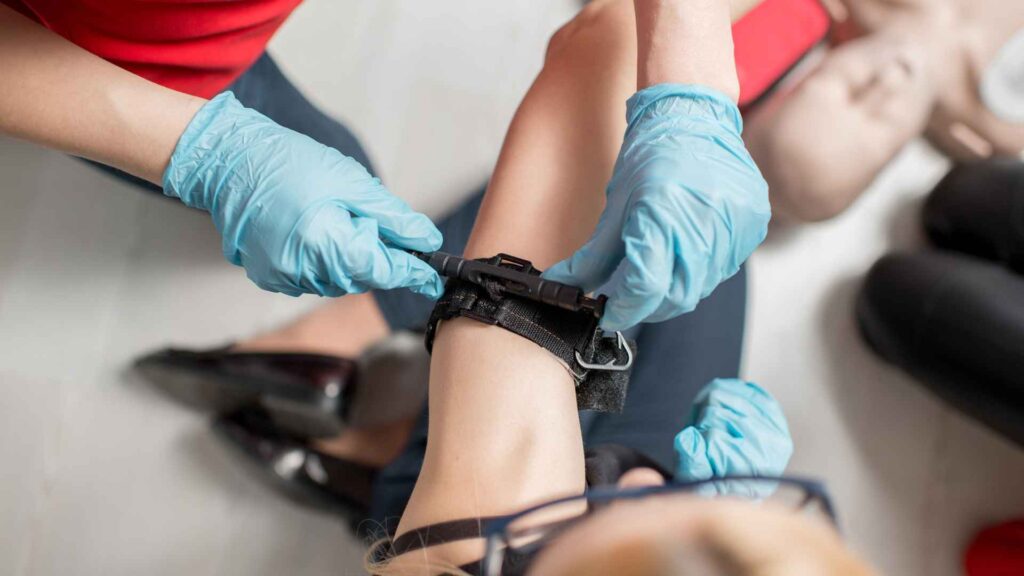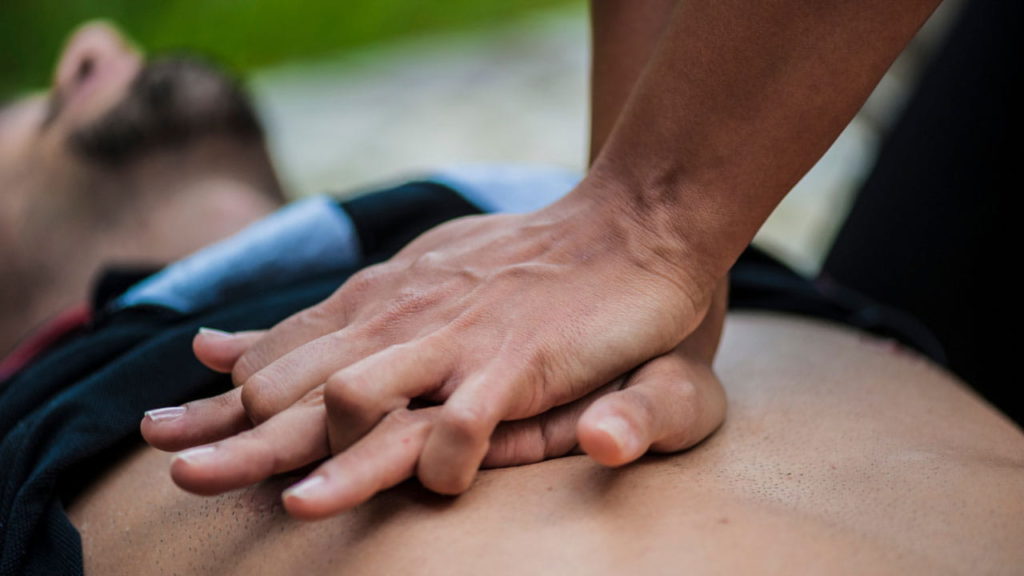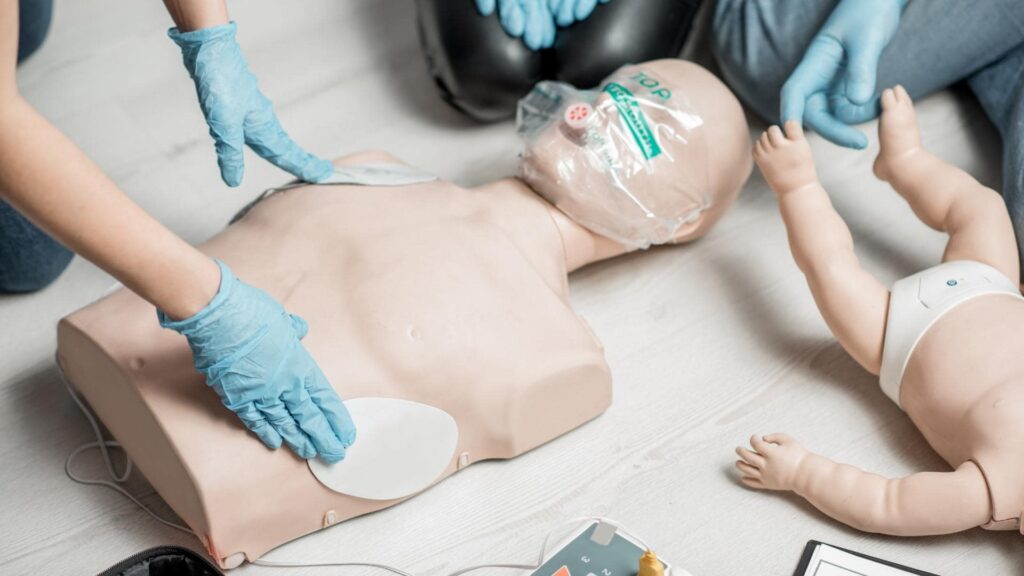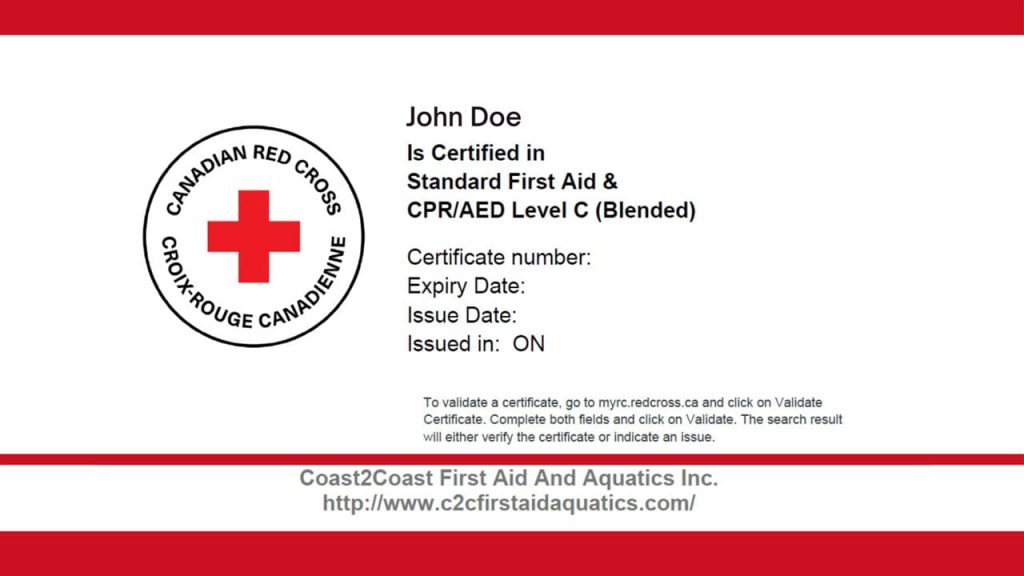It is normal and healthy for all of us to have some anxiety, but when it becomes excessive, it can be a problem. In small amounts, stress is beneficial because it keeps us alert to threats and dangers. People with severe anxiety need help and support because they may not be able to control their thoughts and fears, causing them to spin out of control.
Knowing how to help someone with anxiety is essential to helping them feel better again. The stigma associated with mental illness may mean that some people with severe anxiety are reluctant to seek treatment and instead, struggle by themselves. However, those who do opt for professional help have an excellent chance of recovery.
What is Anxiety?
Statistics show that anxiety levels in Canada have been on the increase since the onset of COVID-19. Canadian public health services reported that 7 out of 10 felt the negative impact of social distancing measures and isolation. By December 2020, two out of every five felt some level of distress.
The fight-or-flight reaction triggered when we feel threatened is a normal reaction and helps us stay focused and alert. People with anxiety disorders feel disabled in situations like this and suffer various symptoms.
The symptoms of anxiety include worry, fear, and constant feelings of excessive nervousness. Anxiety is treatable, but it is a complex disorder that makes it hard to define and treat. Professionals have identified several anxiety disorders, making them easier to define and diagnose.
Anxiety types include generalized anxiety disorder, social anxiety disorder, and panic disorder. Anxiety attacks differ according to the anxiety suffered and can last for six months in generalized anxiety disorders. With panic disorders, the person may have unexpected panic attacks that recur often. These attacks of anxiety, fear, or discomfort usually peak quickly, but the person may feel the need to flee until it passes.
With a social anxiety disorder, the person suffers an intense fear of being seen negatively, rejected, or judged in their performance at work or within their social circle. They suffer from extreme anxiety if they can’t avoid certain situations.

Learn How to Care for Someone with Anxiety
How to Care for Someone Experiencing an Anxiety Attack
Besides irrational fears, dread, irritability, and worry, people with anxiety disorders also have physical symptoms. These include a pounding heart, dizziness, excessive perspiration, headaches, stomach upsets, trembling, shortness of breath, and insomnia.
The symptoms often lead to them mistakenly thinking they have a medical illness, and it may take some time to discover their anxiety disorder. Here are the Do’s and Don’t of helping someone with anxiety:
- Learn the symptoms of the different types of anxiety, but don’t constantly talk about it with them.
- Let them know you have noticed their anxiety and are there to listen and help them feel better, but don’t enable their worries.
- Encourage them to talk about it, but don’t say things that minimize their feelings, e.g., “try not to think about it,” “you have nothing to be anxious about,” “I also get anxious at times,” etc.
- Try to see that person regularly and keep an open line of communication with them.
- Don’t get frustrated or expect immediate change.
Mental Health Crisis and Suicide
Many mental health crisis cases require appropriate professional follow-up care that must be provided by a therapist. However, a First Aider should listen and empathize with the person’s situation and provide the necessary physical and mental first aid. Mental health conditions are difficult to identify as they mostly go unnoticed unless the person shares them with you.
All mental health conditions increase the chances of suicide. These include anxiety disorder, depression, substance abuse related disorders, schizophrenia, etc.
Warning Signs of Suicide
The most crucial sign of suicide is a change in behavior or increase in strange new behaviors, especially after a traumatic event. Some of the warning signs that most people contemplating taking their life will exhibit include:
- Talking about killing themselves
- Expressing feelings of hopelessness
- Saying they are a burden or have no reason to live
- Talking about feeling trapped and feeling unbearable pain
- You notice increased alcohol or drug use
- Researching ways to take their life
- Withdrawal from their normal activities
- Isolation for family and friends
- Insomnia
- Extreme fatigue and excessive sleeping
- Giving away personal items
- Visiting or calls to people to say goodbye
- Aggression

How to Care for Someone During a Mental Health Crisis
Here is how you can care for someone who is dealing with mental health issues:
- Provide reassurance, comfort, and support by practicing active listening.
- Offer self-help methods such as deep breathing exercises to assist them cope with their stress or anxiety.
- In case the situation gets out of control, call EMS/9-1-1 immediately.
Helping someone through a mental health crisis is definitely not an easy task, however can be achieved if the person’s feelings and emotions are acknowledged with absolutely no judgment.
Psychological First Aid for Anxiety
Psychological First Aid training helps participants understand the effects of stress, loss, trauma, and grief. The course covers indicators, vulnerable populations, supportive communication, policies, legislation, and protection.
Completing the course ensures participants learn to help themselves and others when facing these challenges. Coast2Coast offers Psychological First Aid Courses as private training.

Prepare Yourself for Health Crises like Anxiety
Despite the fact that anxiety symptoms might appear overwhelming and permanent, it is easily treatable. If your loved one’s anxiety is affecting their ability to enjoy life, connect at school, work, or socialize with friends, or if it causes difficulties at home, they should seek professional assistance. This may be one of the most crucial methods on how to help someone with anxiety.
If you would like to learn more about mental health, you can also complete Coast2Coast’s Standard First Aid & CPR/AED Level C training. This course will help you to better understand anxiety. It provides training on how you can handle a situation when someone is going through a mental health crisis. Register for Standard First Aid today and be prepared to help someone in an emergency.
